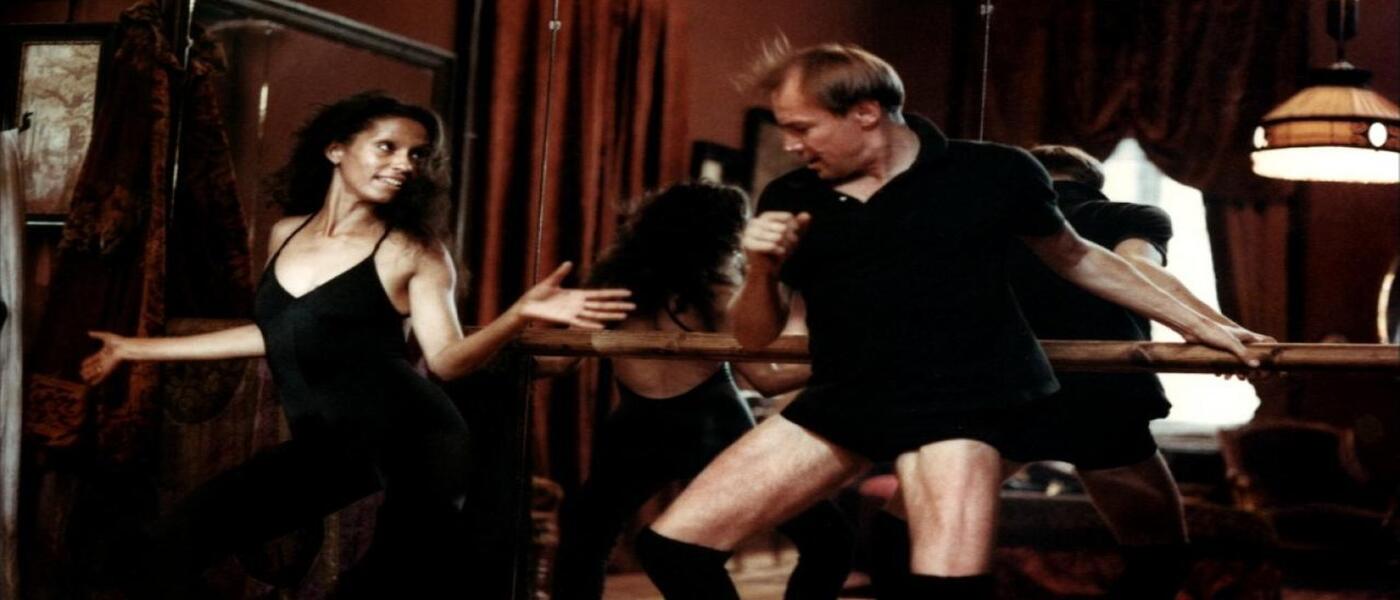

MEPHISTO
8 novembre > SALA 2 ore 17
Hungary, Germany – 1981 – colore – 140’
CREDITS
Direction: István Szabó
Screenplay: István Szabó, Péter Dobai from the novel by Klaus Mann
Cinematography: Lajos Koltai
Editing: Zsuzsa Csákány
Set design: József Romvári
Music: Zdenkó Tamássy
Costumes: Ágnes Gyarmathy
Cast: Klaus Maria Brandauer, Ildikó Bánsági, Krystyna Janda, Rolf Hoppe, György Cserhalmi, Péter Andorai
Producer: Lajos Óvári
Production: Mafilm, Objektív Film
SYNOPSIS
The German actor Hendrik Höfgen is driven by immense ambition in the thirties’ Germany. In the theatre of Hamburg he prepares himself for the great task by tremendous efforts. He marries the rich Barbara Bruckner and goes to Berlin. Finally he can play the dream of his life, Mephisto in Faust. After the great success all his thoughts and time are occupied by the stage, not realising how he commits himself more and more to the Nazi. He is nominated to be the intendant of the Prussian State Theatre by the General who seems to be paving the way for Höfgen’s career. His friends want to rescue him from Germany, but he stays on: he keeps on stepping upwards to the top of the artistic career. In his life he is not Mephisto, rather Faust, entering into a blind agreement with the devil.
CRITICAL NOTE
“Mephisto is undoubtedly a point of arrival in Szabó’s career. In his films, the expressive structure has always been based on the poetic use of stylistic devices, whether it be editing, music or camera effects. Or the lyrical gaze of the narrating instance. But even in this case the director stays on the sidelines: he cancels the direct approach in order to filter everything through the wholeness of the character: his mind, fantasy, feelings, impressions, reason. Or through the specific mechanism of the narration, according to which the exterior scaffolding ultimately gets at and refounds itself in the psychological and memorial plot of inner things.” (Gualtiero De Santi, Cineforum No. 210, December 1981)
AWARDS AND FESTIVAL
1981 Cannes FF – International Competition: Jury Prize for Best Screenplay, FIPRESCI Award
1982 Academy Awards: Oscar for Best Foreign Language Film
1982 David di Donatello: Best Foreign Film, Best Foreign Actor (Klaus Maria Brandauer)
1982 Agrigento FF: Golden Efebo
1982 London Film Critics’ Circle Awards: Best Foreign Language Film


